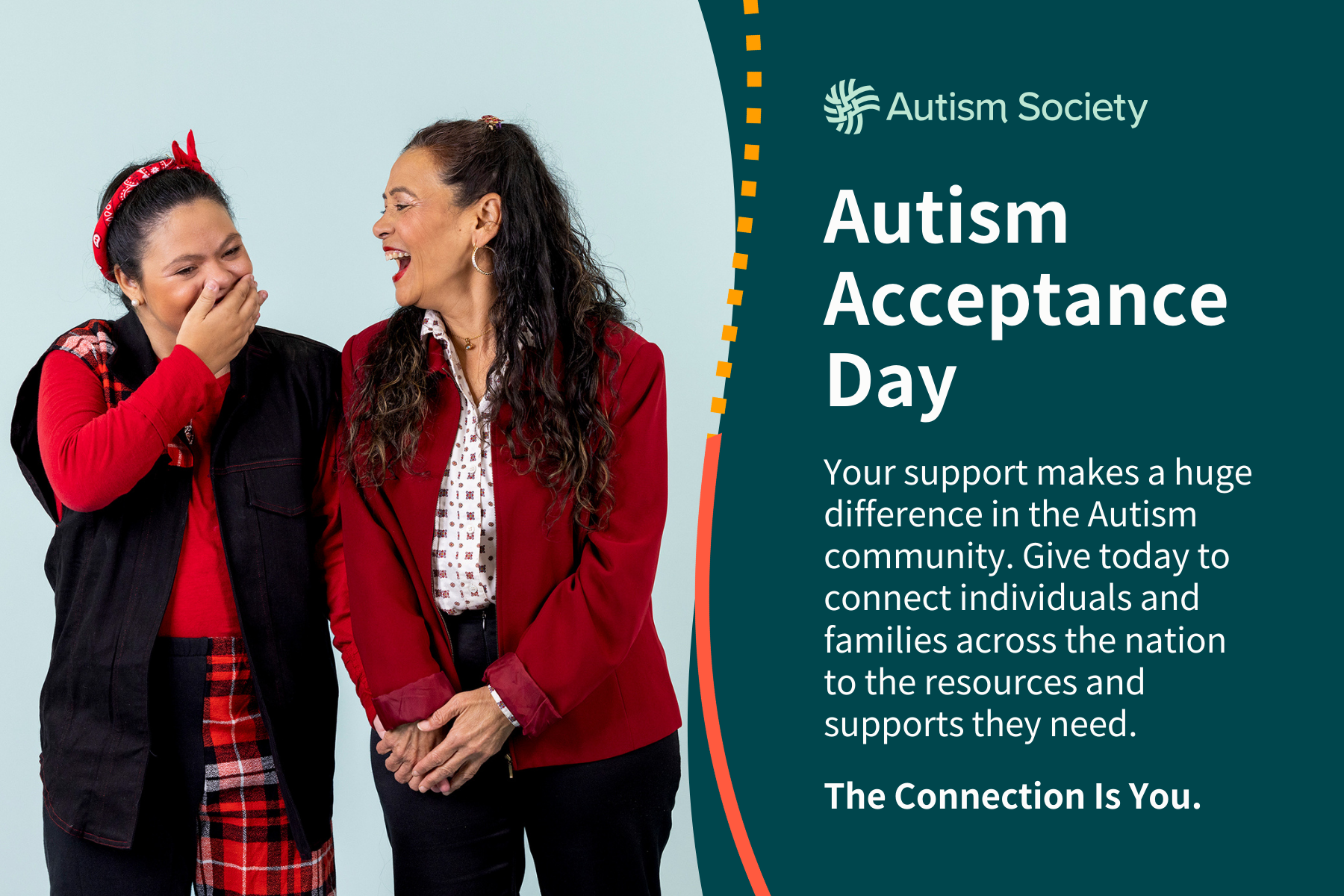Autism Acceptance Month 2024
Recognizing Early Signs of Autism Spectrum Disorder: A Guide for Parents and Caregivers
Introduction: Understanding Autism Spectrum Disorder (ASD) and Why Early Detection is Crucial
Understanding Autism Spectrum Disorder (ASD) can be a complex journey for many families. It is essential to recognize the early signs of autism in children to ensure timely intervention and support. Developmental delays in toddlers may sometimes indicate the presence of ASD, making early detection a crucial step in providing appropriate care.
S.P.O.T. Common Early Signs of ASD
Autism Spectrum Disorder (ASD) now affects 1 in 36 children in the United States, regardless of race, gender, or age. Studies indicate that nearly 80%–90% of parents observed signs of ASD in their child by 24 months, highlighting the importance of early intervention for a child's long-term success.
Anyone can help S.P.O.T. autism early by remembering these four signs:
S. Social Differences Avoiding eye contact; not showing interest in other children; unusual play patterns; no pretend play
P. Persistent Sensory Differences Persistently getting upset over everyday sounds; over or underreacting to lights, smells, tastes, textures
O. Obsessive/Repetitive Behaviors Flapping hands; rocking back & forth; having obsessive interests in a particular object or activity
T. Talking/Communication Delays Little to no babbling by 12 months; not saying a single word by 16 months; may appear deaf; loss of previous verbal skills or language
The Importance of Early Intervention for Children Showing Signs of ASD
Early intervention for children showing signs of ASD is essential for setting them on a path towards success and independence. By recognizing the importance of timely support and therapy, we can make a positive impact on the lives of these children and empower them to thrive.
Research has shown that early intervention programs for autism can lead to better communication skills, social interactions, and overall quality of life for affected children. These programs are designed to provide tailored support and therapies that address the specific needs of each child with ASD.
One of the key benefits of early detection is that it allows for timely access to specialized services and therapies. Through targeted interventions, children with autism can develop important skills that will help them navigate their daily lives more effectively.
Therapies such as speech therapy, occupational therapy, and behavioral interventions play a vital role in helping children with autism reach their full potential. Early intervention not only supports the child's development but also provides valuable guidance and support to families navigating the challenges of raising a child with ASD.
Tools and Resources Available for Parents to Support Children with ASD
Conclusion: Empowering Families Through Awareness and Acceptance
In 2021, we witnessed a powerful shift from Autism Awareness Month to Autism Acceptance Month. This pivotal change steered the dialogue towards intentional inclusion, illuminating the path for a more compassionate world. It echoed the profound belief of autism and neurodiversity advocates that empowering autistic individuals to lead enriched lives is far more impactful than viewing their condition as an illness. This approach is not just appropriate, it's inspirational and truly embodies acceptance in its purest form.
“Awareness is knowing that somebody has Autism,” said Christopher Banks, CEO of The Autism Society of America. “Acceptance is when you include a person with autism in your activities.”
Show Your support
NAA’s programs provide tangible and meaningful resources directly to families, individuals, caregivers, clinicians, educators and first responders. Click here to donate!



